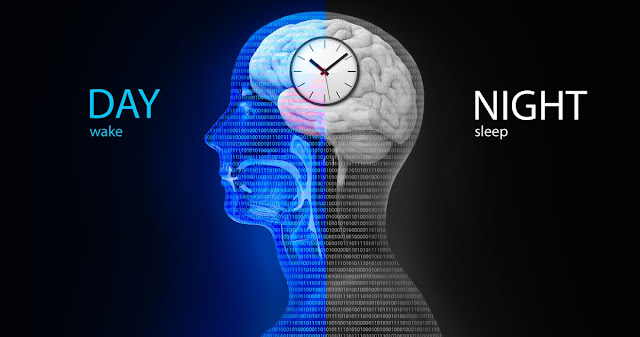Dr. Curtis Cripe: Neurogenesis and the Power of a Growing Brain
For years, scientists believed that once brain cells were lost, they could never be replaced. Modern neuroscience has rewritten that story with a revolutionary discovery: neurogenesis, the process by which new neurons are born in the adult brain. This process primarily occurs in the hippocampus, a region linked to memory and learning. It means that the brain is far more dynamic and adaptable than previously imagined. In fact, studies reveal that thousands of new neurons can develop every day, offering new hope for cognitive vitality and emotional balance. Dr. Curtis Cripe highlights that neurogenesis not only enhances memory but also supports creativity, emotional resilience, and mental flexibility.These new neurons form fresh neural networks that help the brain process information more efficiently. This discovery has transformed our understanding of aging, suggesting that brain growth never truly stops. It simply depends on how we live.
Exercise as Brain Fertilizer
One of the most powerful ways to stimulate neurogenesis is through physical activity. Aerobic exercise, such as brisk walking, running, or swimming, increases blood flow to the brain, delivering oxygen and nutrients that feed neural stem cells. This process triggers the release of Brain-Derived Neurotrophic Factor (BDNF), a protein that facilitates the growth and survival of new neurons. Regular exercise also reduces inflammation and stress hormones, both of which can slow down neuron production.
Physical movement not only builds muscle but also mental strength. Studies have shown that people who engage in regular exercise experience sharper memory, improved mood, and stronger focus. Over time, these benefits compound, making it one of the most effective and natural ways to maintain brain health. Even a 30-minute walk each day can serve as a simple yet powerful form of brain training.
Nutrition and Learning for Neural Growth
The foods we eat also influence neurogenesis. Diets rich in omega-3 fatty acids, antioxidants, and flavonoids have been linked to increased neuron production. Foods such as blueberries, salmon, walnuts, and leafy greens nourish the brain and protect it from oxidative stress. Likewise, reducing processed sugars and unhealthy fats can prevent inflammation that hampers cell growth. A balanced diet acts as fertile soil for the brain’s regenerative processes.
Learning new skills is another proven way to promote neurogenesis. Challenging the brain with new languages, instruments, or hobbies sparks electrical activity in areas that govern memory and reasoning. This stimulation encourages the integration of new neurons into active circuits, reinforcing cognitive strength. The key is consistency of regular mental engagement, which keeps the brain in a continual state of renewal.
A Lifelong Path to Cognitive Renewal
The discovery of neurogenesis has redefined our understanding of the human mind. Rather than being fixed, the adult brain is fluid, capable of transformation throughout life. Every step, bite, and thought shapes its future architecture. By combining physical activity, healthy nutrition, and curiosity-driven learning, anyone can nurture the brain’s ability to renew itself.
Dr. Curtis Cripe emphasizes that the potential for brain growth lies within everyone willing to make small, daily choices that support it. When we exercise both our bodies and our minds, we participate in the remarkable process of building a stronger, sharper, and more resilient brain. Neurogenesis reminds us that it’s never too late to grow, inside and out.











